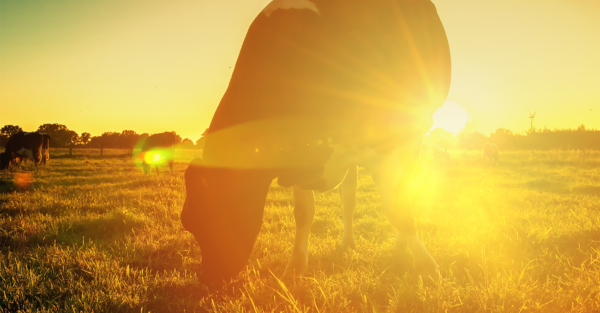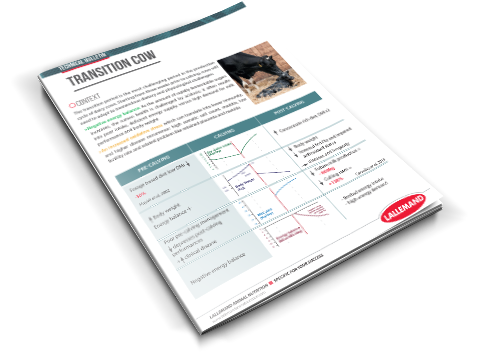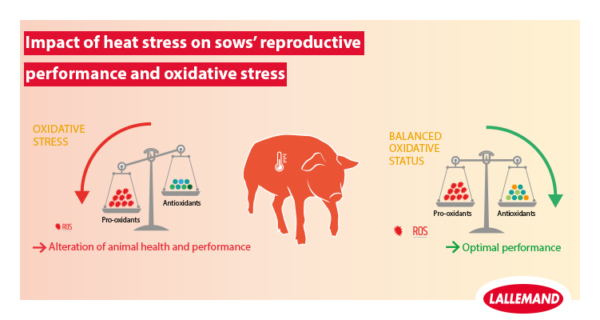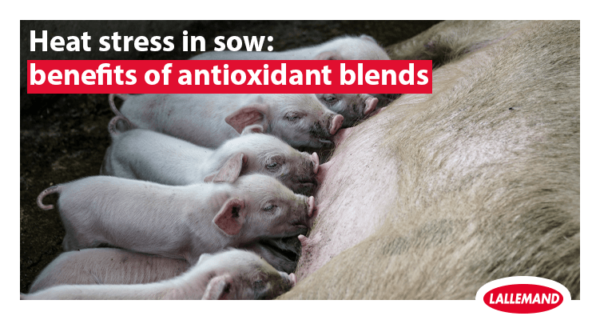Blog | Reading Time 3 minutes
Keeping a strong immune system: the case of organic-selenium enriched food
The demand for functional foods is growing with consumers’ concern for healthy eating as part of a healthy lifestyle. Very few functional foods play a role in the overall immune system and even less are affordable enough to target the community as a whole. Organic selenium (Se) enriched foods may very well be the exception.
Insufficient selenium intake
Selenium is an essential micronutrient that plays key roles in many physiological functions, especially the body’s natural defenses.
The human body is unable to synthesize selenium. Food is the primary source of selenium intake for humans and animals. The recommended daily intake of selenium in adults is comprised between 50 and 70 μg per day. Most of the dietary selenium is brought by plants that assimilate mineral selenium from the soil. In many regions, it appears that the soil is very poor in selenium and as a consequence, selenium level in food is sub-optimal. In such areas, selenium intake may be below the recommended level for both humans and animals.
Consuming 1-2 selenium-enriched eggs per day allows reaching an adequate level of selenium intake
One possibility to ensure adequate consumption of selenium via the daily diet is the consumption of selenium-enriched foods, e.g. eggs, milk, or meat. These are produced by feeding animals with an organic selenium source (e.g. selenized yeast such as ALKOSEL), which is partly stored in the eggs, milk or muscle.
Selenium-enriched eggs, for instance, target a selenium content of 30-35 µg Se/egg. Consuming 1-2 selenium-enriched eggs per day allows reaching an adequate level of selenium intake. This helps maintain an adequate selenium status in the body, which supports a healthy function of the immune system. Laying hens fed with organic selenium also produce eggs with an increased level of omega-3 (lower omega 6/omega 3 ratio) and vitamins, notably Vitamin A and E. In addition, feeding selenized yeast (ALKOSEL) to farm animals helps to protect them from oxidative damage and to maintain a good function of their immune and reproductive systems and support their overall well-being.
Producing selenium-enriched eggs
In fact, eggs could represent a very efficient tool to enhance a population’s selenium intake while ensuring the producer’s profits. It is an affordable source of proteins with high nutritive value (e.g. containing all essential amino-acids) and widely accepted and consumed in Asia. Some success stories are already there to prove it. For example, a publicly listed Malaysian company makes ~30% of their table eggs revenue in Malaysia with enriched eggs, including selenium-enriched eggs. Our own research shows that in Manila, 16% of the eggs sold in modern retail are “specialty eggs”, a category that includes organic selenium-enriched eggs.
Last but not least, producing selenium-enriched eggs doesn’t require any heavy investment and results start showing as soon as after 2 weeks of feeding hens. Adjusting production to demand is easy and costless. It is especially important when dealing with potential peak demand when consumer’s interest in their immune system increases (winter, specific challenge to immune system…).
Of course, such a program’s efficiency depends heavily on consumer’s awareness of the importance of selenium intake. Such awareness can be increased through education, workshops, and key opinion leader through government programs, companies’ CSR program and NGOs.
Published Mar 24, 2020
Related articles
Need specific information?
Talk to an expert


